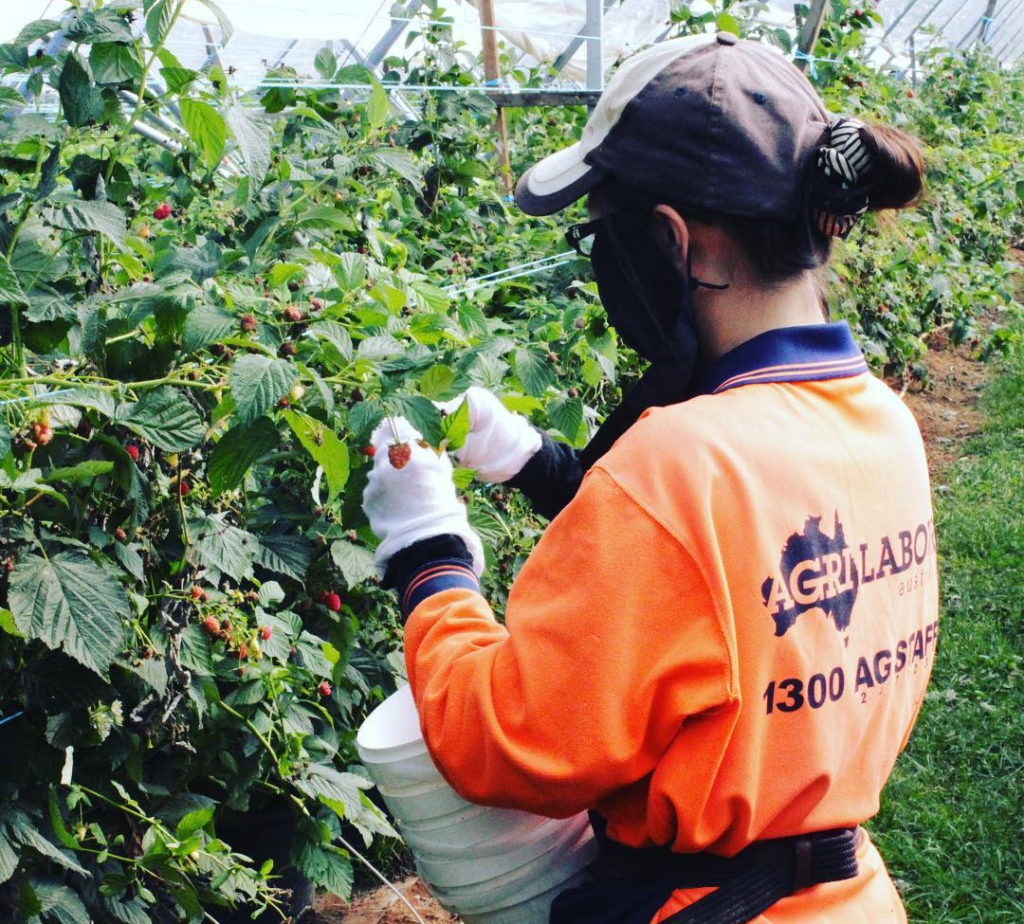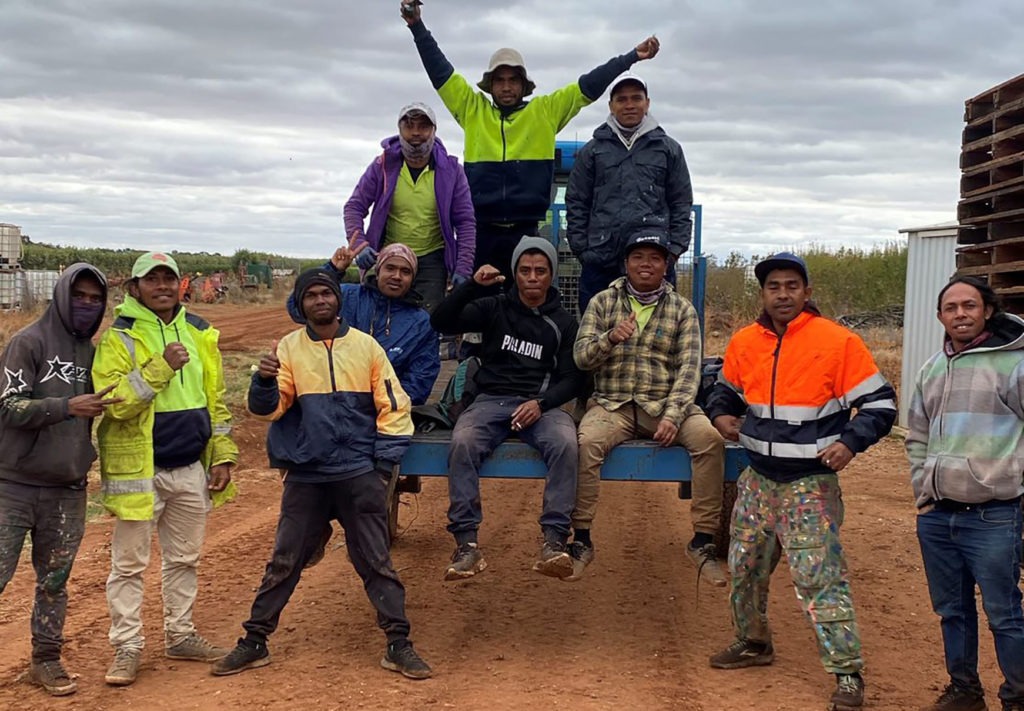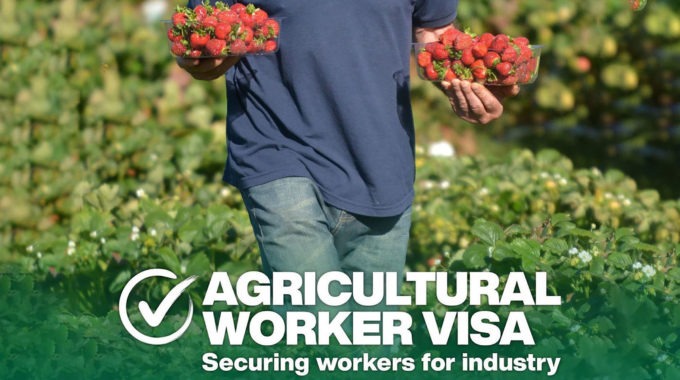Agriculture visa brings relief for farmers
Industry groups across the board have welcomed the news that the federal government has finally delivered on the long called-for agriculture visa to provide long-term workforce relief to Australian farmers. The visa will be operational by the end of next month.
The ag visa, which was announced by of Agriculture Minister David Littleproud, will widen recruitment opportunities for an uncapped number of low to highly skilled workers from 10 ASEAN countries. These include Brunei, Cambodia, Indonesia, Laos, Malaysia, Myanmar, the Philippines, Singapore, Thailand and Vietnam. According to the National Farmers’ Federation (NFF), negotiations are well under way to extend the visa to other countries.
“The NFF has been unrelenting in its call to government for the introduction of an agriculture-specific visa to give farmers access to the workforce they need,” says NFF President Fiona Simson. “This is a significant step towards solving the farm sector’s enduring workforce crisis. There will be a sigh of relief from farmers from the very northern tip of our country to those in the most southerly parts of Tasmania. Farmers who are right now struggling to know how they will harvest, pick and pack this year’s crop.”

A critical step forward
President of the Victorian Farmers Federation (VFF), Emma Germano, says the long-awaited ag visa will support increased seasonal workforce needs. These include staff experienced in the grains and horticulture industry, as well as longer-term opportunities. It will also address workforce needs in sectors like meat processing, dairy and livestock.
“It’s a critical step towards ensuring the tens of thousands of current and upcoming positions on Victorian farms are filled and our world-class produce isn’t left rotting on the trees or unable to be harvested in the paddock,” Germano says.
Peter McPherson, Chair of Berries Australia, says the ag visa is positive news for the berry sector, which has been struggling to find harvest workers since the borders closed.
“The $1.4 billion berry sector has a heavy reliance on manual pickers due to the soft nature of the fruit,” he says. “While historically we have employed backpackers, a stream of dedicated workers who want to work in the sector is very welcome.”

A puzzle that needs solving
Citrus Australia CEO Nathan Hancock says that the implementation of the visa shows that the government recognises the contribution of the agriculture sector to the national economy and the importance of supporting the thousands of farmers across Australia struggling to manage the impacts of the pandemic.
“Growers across all sectors this year have suffered significant financial losses and great mental stress due to the severe labour shortage,” he says. “On behalf of them, we thank the government for committing to work together on delivering the agriculture visa.”
AUSVEG CEO Michael Coote says the visa is welcome news for vegetable and potato growers, and that it’s a key piece in solving the horticulture industry’s labour puzzle
“The pandemic has exacerbated the industry’s chronic labour shortage,” he says. “This is estimated to reach up to 24,000 workers in 2022 for the coming peak harvest season.”

Here by Christmas
Growcom Chief Executive Stephen Barnard also says that the new visa is putting in place an important piece that goes towards completing the long-term labour puzzle.
“For many businesses in the Australian horticulture industry, labour is their most significant input and single most expensive cost of production,” he says. “With so much uncertainty around labour supply, business confidence across the sector had taken a hit.
“Like any puzzle, determining the details of this visa piece are now going to be essential to ensure it fits neatly with existing pieces, and other pieces yet to be placed.
“With a likely loss of British backpackers looking for farm work as a result of the new UK Free Trade Agreement, the visa must be designed to meet both the need for workers to be flexible in terms of the jobs they’re able to take up along the harvest trail in a way similar to the backpackers they’re replacing, while also ensuring their employers meet public and industry expectations with regard their employment practices.”
The details of the new visa are yet to be finalised. However, the federal government has promised that skilled and semi-skilled foreign workers will be on farms before Christmas.









